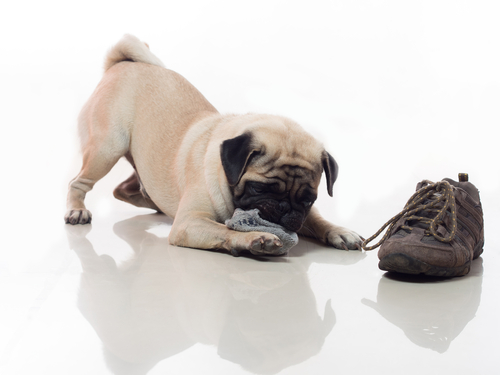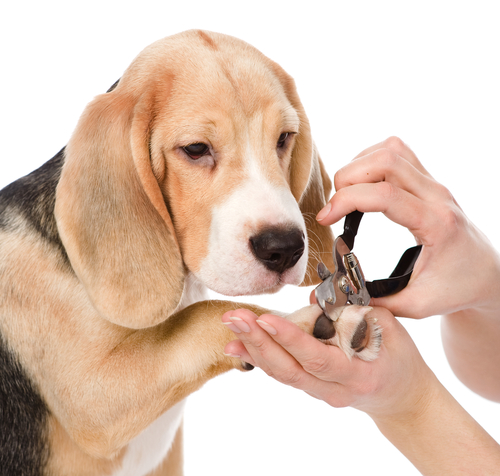Dog Secrets: 10 Secrets Your Dog Won't Tell You About Its Health

Dogs use different ways to express what is happening to them. By deciphering their body language, you can access the world of the canine, and, especially, the health problems that they may be suffering from. However, there are some conditions that can cause a lot of damage to your dog and you may not notice them. To prevent any type of discomfort, we’re going to share some dog secrets with you about your pet’s health.
Dog secrets
I can’t stand loud noises! Dogs suffer tremendously when they hear very loud sounds. Humans have created a sound environment that seriously affects not only people, but also animals.
Humans hear sounds between 20-20,000 Hz. Dogs hear twice as loud; up to 55,000 Hz. Try not to take your pet to places where the noise levels are too loud, and, in your home, avoid noises that could affect your pet’s health.
Don’t tell me off for growling! Many times your pet may growl to tell you that they’re feeling threatened. Remember that dogs communicate with their growls. These expressions can mean that your little friend is stressed or threatened. While you try to correct its growl, the only thing you’ll achieve is to increase your pet’s fear.
I’m older now, and my nervous system is more sensitive than when I was younger. Don’t forget this point! As in humans, a dog’s nervous system becomes more sensitive as they mature. Things that used to be interesting to them can now be annoying and stressful. Therefore, avoid walking in noisy, crowded environments. Perhaps, at this stage, they prefer to stay home.
More secrets…
Think about my uterus! Ask your vet if your pet’s uterus needs to be removed. A less invasive procedure, such as ovarian removal, is often used as an effective method of sterilization.
I love the lawn! Dogs really enjoy being on the lawn. They like to graze and stay for ages on those nice surfaces. But it’s important to realize that dogs often like eating grass, and so you need to make sure it’s pesticide-free.
No to declawing! This is not the same as cutting your nails. Declawing is an invasive technique used in cats and dogs. It consists of surgery in which the nails of the animals are extracted. As you can imagine, this process is very painful for pets and isn’t recommended.
In very rare cases and due to very strong medical reasons, such as an injury or tumor, a veterinarian may recommend this procedure on dogs’ claws. But this is quite rare.
Remember that dog claws aren’t designed for the purpose of hurting a person or another animal. Sometimes they may scratch because they’re trying to protect themselves or are playing games.
In some cases, some pet owners turn to declawing because the dogs are digging holes in their yard. One thing we have to remember is that animals are going to do what we let them do. If we take them out for walks and regular exercise, they’ll come home and sleep soundly. Therefore, that type of painful intervention is not justified in pets.
I don’t like that brush! You can buy any brush or comb at the pet store. However, you should choose one that’s most suitable for your little friend. A bristle brush, for example, removes dead hair.
Hmm… you’re giving me too much food. A balanced diet is a sign of good health. Don’t let your dog beg for food and feed them at least twice a day.
Remember, my digestive system is very different from yours. Fruits like grapes or raisins can damage a dog’s kidneys. Other dangerous foods include chocolate, coffee, nuts, and avocado.
If you switch me to a raw diet, I may end up with cracked teeth or a bacterial infection. Be careful with your pet’s diet and choose a food plan that’s appropriate to its needs.
We hope this dog secrets have been useful for you!

